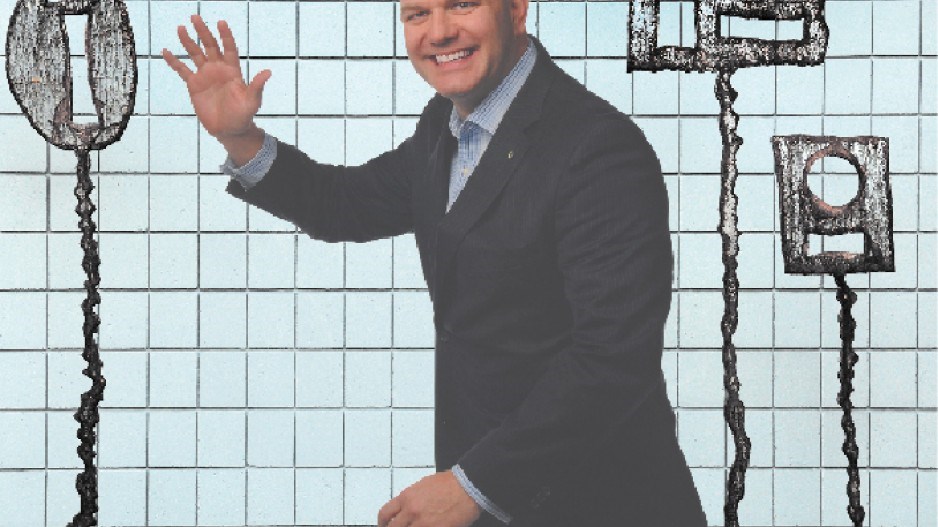Doug Nelson joined the BC Cancer Foundation as president and CEO in 2009. Previously in charge of fundraising at the University of Alberta, Nelson had his work cut out for him at the then-floundering cancer funder.
"Morale was low and fundraising was down," he said.
Nelson knew big changes were needed and that some of them would be controversial. For instance, the organization's consensus-based model of decision-making had to go, especially in a time when hard decisions had to be made.
"Everyone had to agree on everything," Nelson said. "It held the organization back."
Because the organization's culture had been so consensus-based, it came "as a shock" that decisions would be made relatively quickly by the executive team.
Nelson said the process taught him that organizational change doesn't happen overnight.
"We spent a lot of time going over what we were trying to accomplish and why," he said. "We had such a great opportunity. We have some great cancer research here in British Columbia, and we have to make sure it has the fuel it needs to keep that engine running. And really repeating why we're here over and over. It took a year and a half before we started to hear that back."
Nelson also learned to tap into the same emotional awareness that fuelled the organization's fight against cancer to communicate change to employees. For instance, he realized that circulating memos was not the most effective way to communicate big changes to staff. "People would say, 'We don't know what's going on,'" he said. "I realized there's no substitute for talking with people. Our work is so personal."
On measuring success: "We made sure everyone knew what their role was in the organization. Everyone wants to be successful at work, particularly in a not-for-profit: they want to contribute for something beyond ourselves. So how do you measure success? We spent a lot of time working with people to make sure everyone understood what's expected of them and what success looks like in their individual role. That took far more time than I thought it would when we started, but it ended up being incredibly useful and a really critical part of our success over the past five years. People know what they're here to do, and they do it."




